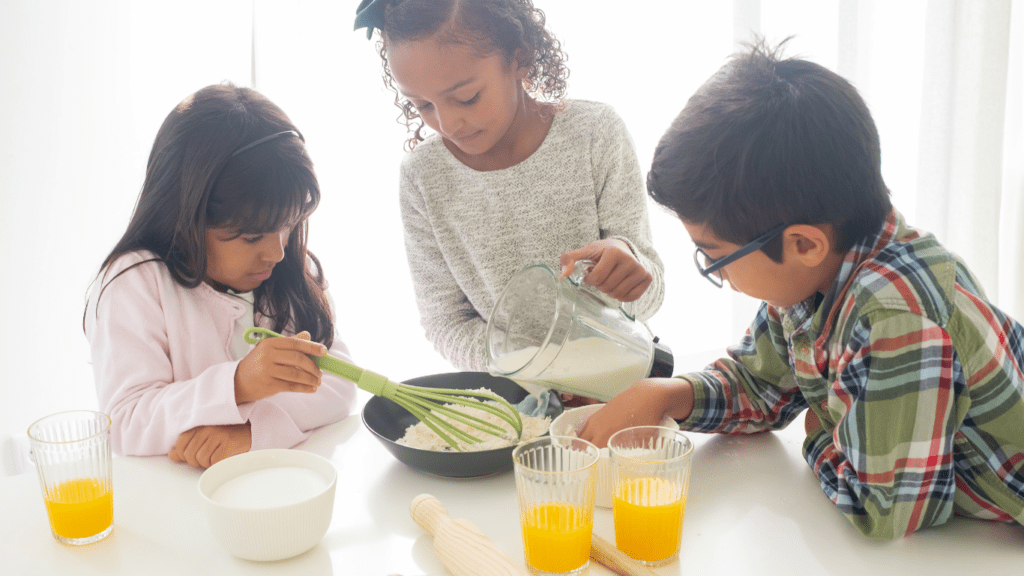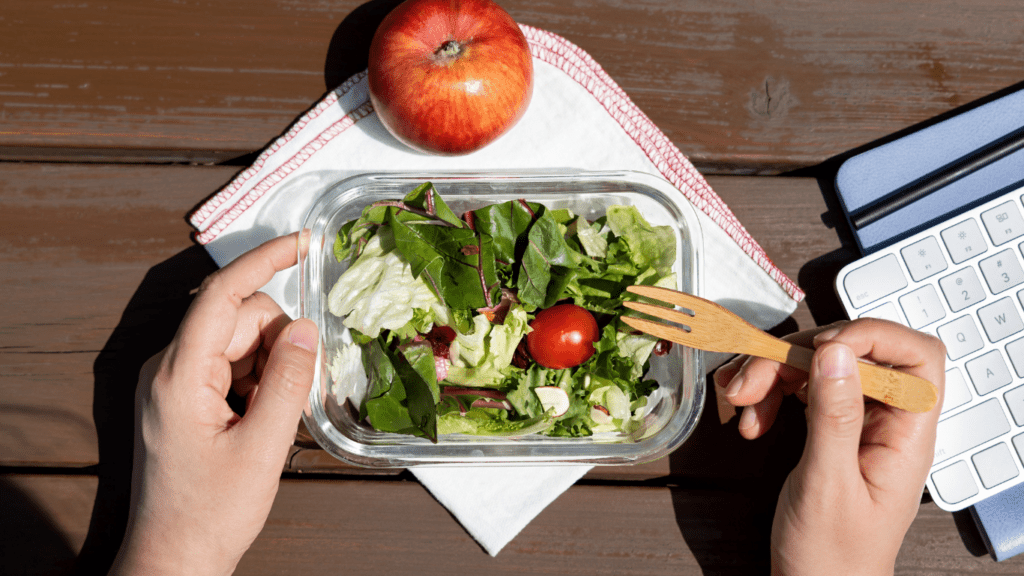As parents, juggling family responsibilities while staying healthy often feels like an Olympic sport. That’s why a few actionable and realistic strategies can go a long way. If you’re looking for practical and no-nonsense guidance, check out these health tips fparentips. The list covers essential habits that are easy to follow—even during chaotic weekdays filled with carpool duty, grocery runs, and bedtime negotiations.
Start With the Basics: Sleep, Hydration, and Nutrition
Before you dive into supplements, fitness routines, or self-care apps, get the foundation right. Sleep, water, and food affect everything from mood and energy to immunity.
Prioritize sleep: Adults need 7–9 hours per night. Inconsistent sleep drains your ability to parent patiently, think clearly, or fight off illness. Establish a bedtime routine that applies to both you and your kids.
Hydrate throughout the day: Aim for half your body weight in ounces. Think 75 oz daily if you’re 150 lbs. Use a refillable water bottle and set hourly reminders if needed.
Skip the junk, cook simply: You don’t need elaborate meals to eat well. Bowl meals—think grains, protein, veggies—are quick, versatile, and balanced. Keep frozen produce, canned beans, and eggs on hand for emergencies.
These fundamental health tips fparentips recommends aren’t flashy, but they build the foundation for sustainable wellness.
Movement That Fits into Real Life
Exercise doesn’t have to mean daily hour-long sessions or expensive boutique classes. Realistic fitness is about consistency and stacking movement into what you already do.
10-minute movement chunks: Three 10-minute walks spaced throughout your day can yield solid benefits. Walk during lunch, while your kid’s at soccer practice, or pace while on calls.
Family activity days: Make movement social. Weekend hike, evening dance party in the kitchen, or backyard obstacle courses with your kids. Your body (and stress levels) will thank you.
Don’t ignore strength training: Your muscles start losing strength after age 30. Just 2–3 weekly sessions of bodyweight exercises—push-ups, squats, planks—can preserve function and prevent injury.
Remember, consistency wins over intensity. A few daily habits trump occasional bursts of extreme workouts.
Mental Health Is Not Optional
Mental wellness impacts how you show up for your family and yourself. Being healthy includes staying steady emotionally—even if you’re not feeling 100% every day.
Start with mindfulness: Just five minutes of quiet breathing or meditation in the morning sets a calmer tone. Apps like Insight Timer or Headspace can guide beginners.
Boundaries protect your energy: Learn to say no. Reserve space in your calendar that isn’t for errands or others. Even 15 minutes alone can reset your focus.
Talk to someone: Therapy isn’t just for crisis moments. Preventive mental health care is as essential as your yearly check-up. Think of it as emotional maintenance.
The health tips fparentips resource highlights this aspect well—parenting becomes lighter when you’re mentally grounded.
Stay Consistent Without Perfection
The biggest trap? All-or-nothing thinking. One skipped workout or a fast-food dinner doesn’t cancel progress. The goal here is healthy patterns over isolated moments.
Plan ahead, but loosely: Meal plan one or two dinners per week, but keep backup options in mind. Prep double batches. Freeze leftovers. Own your rhythm.
Track, but don’t obsess: Use a simple journal or tracking app to stay aware of your sleep, water, and movement—not to punish yourself. Awareness builds better habits.
Habit-stacking works: Want to floss more? Keep the floss beside your toothbrush. Want to stretch daily? Link it to when your coffee brews in the morning.
Practical health is about setting up your environment to support your choices, not relying only on motivation.
Make It a Family Affair
When health becomes part of your family culture, it’s way easier to sustain. Plus, kids model what they see. You’re not just staying healthy for them—you’re showing them how.
Cook together: Give each family member a job. Kids wash veggies. Teens measure spices. Ownership makes food less of a chore and more of an experience.
Make screen-free zones: Mealtimes, the last hour before bed, and car rides can be tech-free. Use these moments to talk, laugh, or sit quietly together. Connection reduces stress, too.
Celebrate small wins: Did your kid eat something green today? Did you do five push-ups instead of zero? Celebrate low-key, but regularly. Momentum builds when you see progress in motion.
Teaching your kids to value wellness early makes the ideas in health tips fparentips more durable and less of an uphill battle later.
Final Thoughts: Progress Over Perfection
Parent life is messy. You’ll have ramen nights, skipped walks, and moments where stress wins. The goal? Start small, stay consistent, and focus on progress—not perfection.
Ultimately, the top health tips fparentips shares echo the same advice: care for yourself like you care for your family. You can’t pour from an empty cup. Raise the bar—not the pressure.



